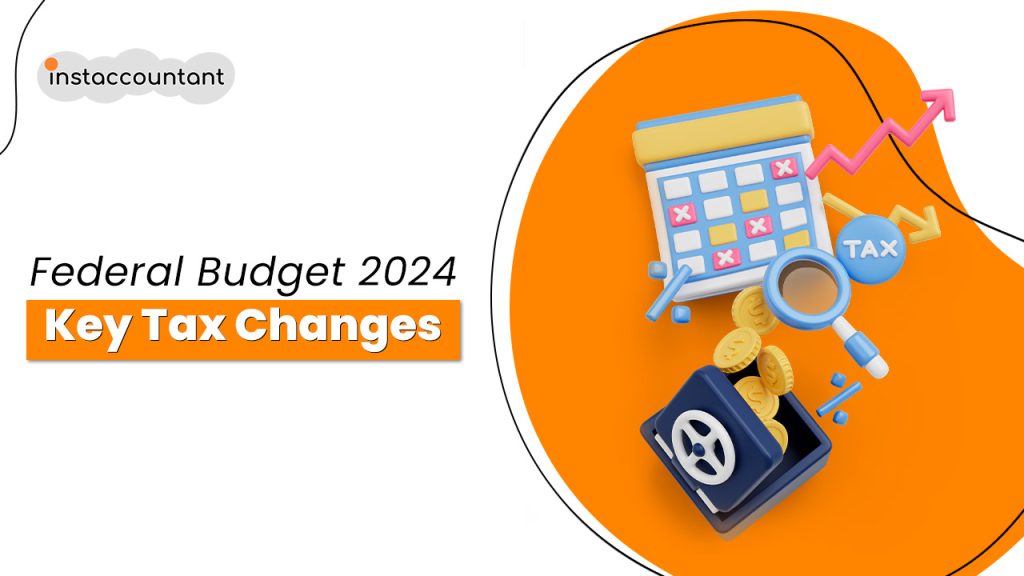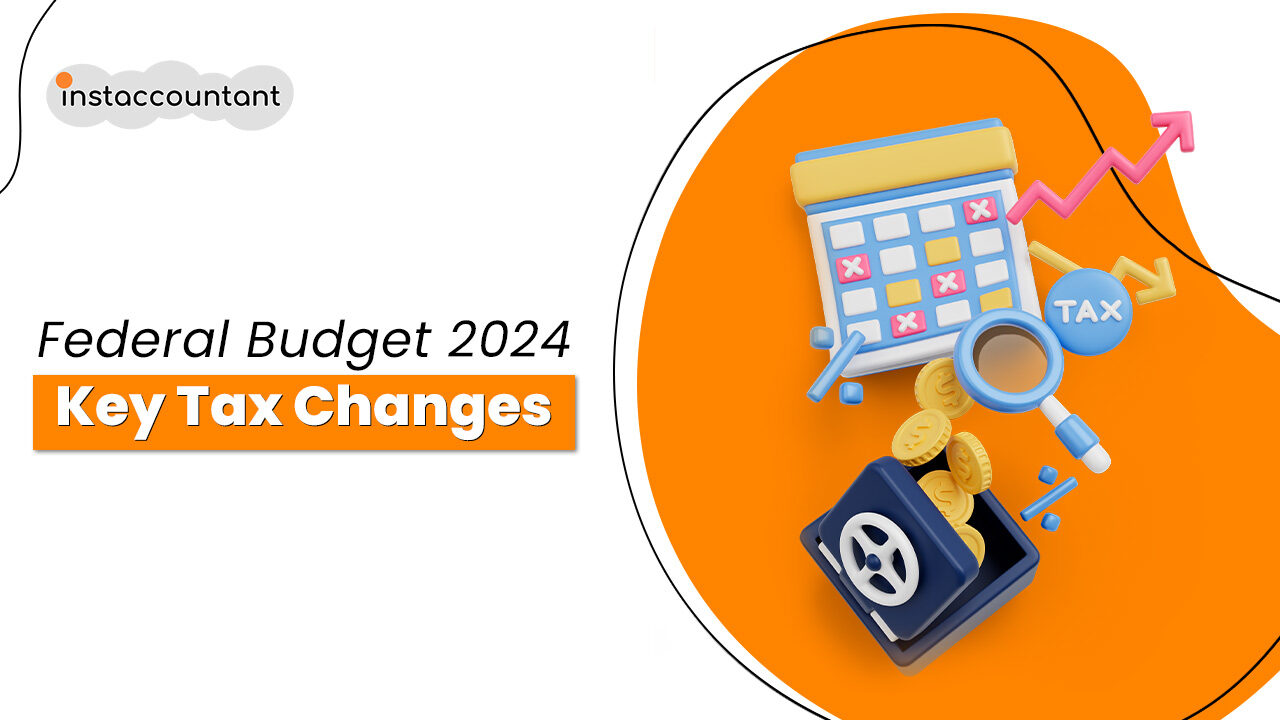The Canadian Federal Budget for 2024 has been released, and outlines a variety of proposed tax changes impacting individuals and businesses. While the details are still being finalized, this blog post will provide a summary of the major updates from the budget and discuss how they could affect your wallets and businesses. It’s important to note that these changes are proposed and may be subject to further updates in the coming months.

Capital Gains Tax Changes
One of the most significant changes announced in the budget is an increase to the capital gains inclusion rate. Here are the key points:
- For Individuals: Starting June 25, 2024, the capital gains inclusion rate will increase from 50% to 66.67% (2/3) on capital gains exceeding $250,000 annually. This means a larger portion of your capital gains will be taxed at your marginal tax rate.
- For Corporations and Trusts: The capital gains inclusion rate for corporations and trusts will also rise from 50% to 66.67% for all capital gains realized.
For example, if you sell an investment property as an individual and your capital gain is $300,000, $250,000 of that will be taxed at the old rate, and the remaining $50,000 will be taxed at the new higher rate of 2/3. These changes make it less attractive for individuals earning capital gains in excess of $250,000 through a CCPC (Canadian-controlled private corporation) instead of directly.
Impact Analysis:
This change discourages holding onto high-value assets for tax purposes, particularly for individuals with capital gains exceeding $250,000 per year. It also makes incorporating a business to hold investments less attractive from a tax standpoint.
Lifetime Capital Gains Exemption (LCGE)
The budget also includes an increase in the Lifetime Capital Gains Exemption (LCGE) for dispositions after June 25, 2024. Here are the details:
- The LCGE has been increased to $1.25 million from the previous approximate amount of $1 million.
- This means that if you’re planning to sell your small business, you can now shield an additional approximately $250,000 of capital gains from taxes compared to before.
Canadian Entrepreneurs’ Incentive
The 2024 federal budget introduces the Canadian Entrepreneurs’ Incentive, which aims to reduce taxes on capital gains for the sale of small business shares. Here are the key points:
- The inclusion rate for capital gains on the sale of small business shares will be reduced to 1/3.
- There will be a lifetime limit of $2 million in capital gains for shareholders who own more than 10% of the company.
- It’s important to note that this incentive does not apply to certain industries such as financial, insurance, real estate, food and accommodation, arts, recreation, entertainment, or businesses providing consulting or personal care services. More guidance will be provided on the qualifying criteria.
Combined with the proposed increased LCGE of $1.25 million, entrepreneurs will have a combined exemption of at least $3.25 million when selling all or part of a business once the incentive is fully rolled out.
Other Updates Worth Nothing
In addition to the major changes mentioned above, the 2024 federal budget includes other updates that may impact individuals and businesses:
- Clean Energy Investments: The budget introduces a new tax credit for investments in clean electricity, which could help businesses transitioning to green energy save on costs.
- Property Owners: Accelerated Capital Cost Allowance (CCA) rates for new purpose-built rental housing projects are proposed, making real estate investments in this sector more attractive.
What Does This Mean for You?
Business Owners:
- Reassess your exit strategies and investment plans, particularly in light of the new Canadian Entrepreneurs’ Incentive for small businesses.
- Consider how the capital gains tax changes might impact your long-term tax liabilities.
Individuals with Investments:
- Evaluate how the capital gains tax changes might influence your decisions on when and how to sell your investments.
Conclusion
The 2024 Federal Budget introduces a variety of changes with potential implications for both individuals and businesses. While these are proposed changes, it’s important to be aware of how they might affect your financial situation. We recommend consulting with a tax advisor to understand how these changes apply to your specific circumstances and develop a tax plan that optimizes your financial position
Remember, these changes are still subject to potential revisions and updates, so it’s essential to stay updated on any further developments.




